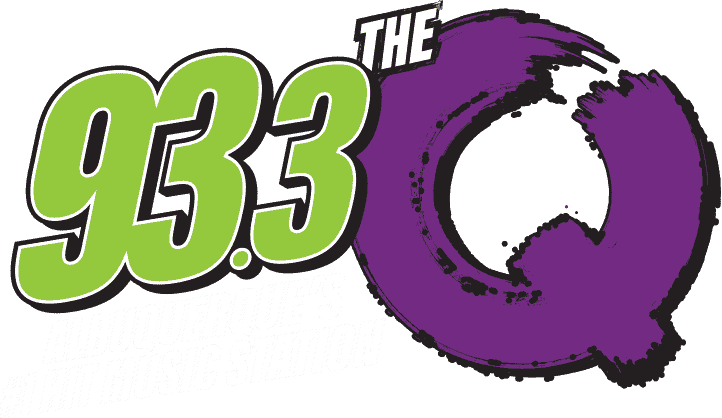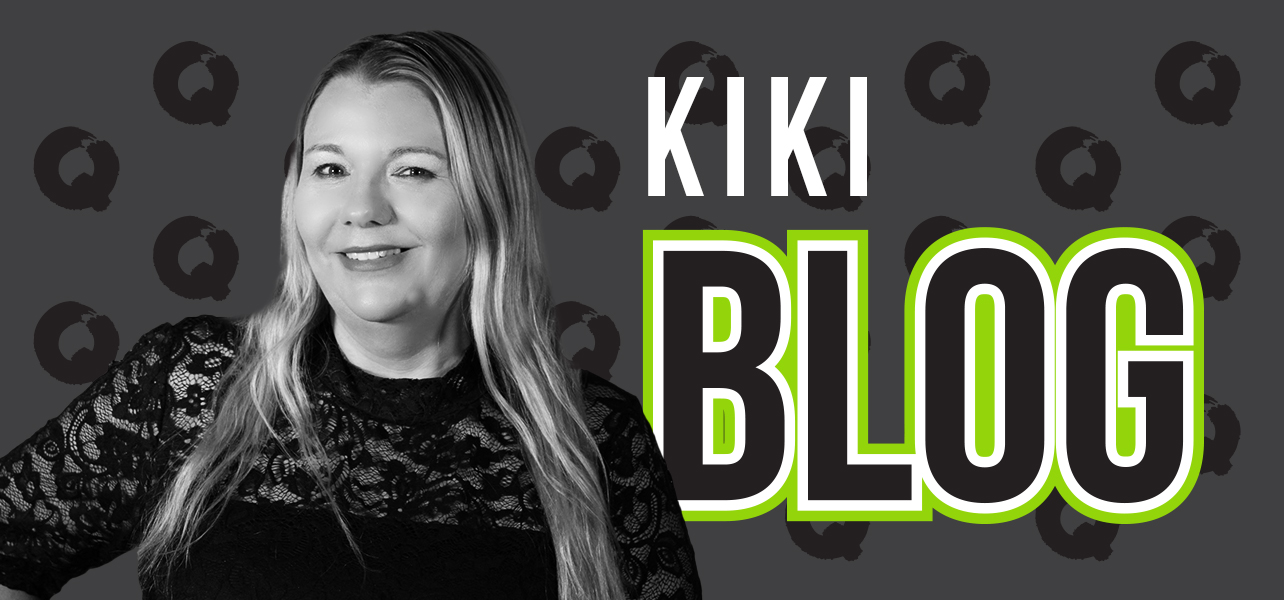Public speaking expert, speech coach and TEDx speaker Christina Helena says to build trust, avoid these words and phrases that make people question your credibility and respect you less:
“Um”
This is the most common crutch word. It suggests that you’re unprepared, lack confidence, or at loss of what to say next.
“In all honesty”
People use “in all honesty” or “I’m not going to lie to you” to convey sincerity, although it could be read as the opposite. The audience already knows that your intention is to tell the truth. Reiterating it will only make them question why you’re trying to assure them of your honesty.
“I think”
This phrase makes you sound tentative and unsure of what you’re saying – it’s not a fact, but a thought. If you know you are presenting a well-researched argument, lead with confidence and conviction.
“Sort of”
“Sort of” is almost impossible to measure. It leaves your listener in limbo because it weakens the impact of your message. Another phrase that has the same effect is “kind of.”
“Just”
I understand the fear of being bold. But using weak words like “just” minimizes your message by making your statement feel less important.
“Like”
We’ve all heard this sprinkled in sentences: “So, like, I was thinking we could, like, start the session with a round of introductions.”
“I’m no expert, but”
When you use this phrase, you are directly undermining your own knowledge. In attempt to sound cool and confident, you’re actually doing the opposite.
“In my opinion”
Of course you want to acknowledge differences of opinion and have respect for other views. But overdoing it can make you sound unsure or hesitant to take a strong stance at all.
“I’ll try”
Are you fully committed if you say you’ll try? Maybe. But this phrase makes you sound only partially committed, or that you lack the confidence to complete the task at hand.
“I’m sorry, but”
When you overuse apologetic phrases, you can come across as weak or overly subservient.
“Did that make sense?”
I’ve seen people say this after they’ve tried to explain something, but didn’t feel like they did a good job. A better phrase would be: “I hope that made sense.” Give people at least 15 to 30 seconds to digest, then ask if they have questions.








